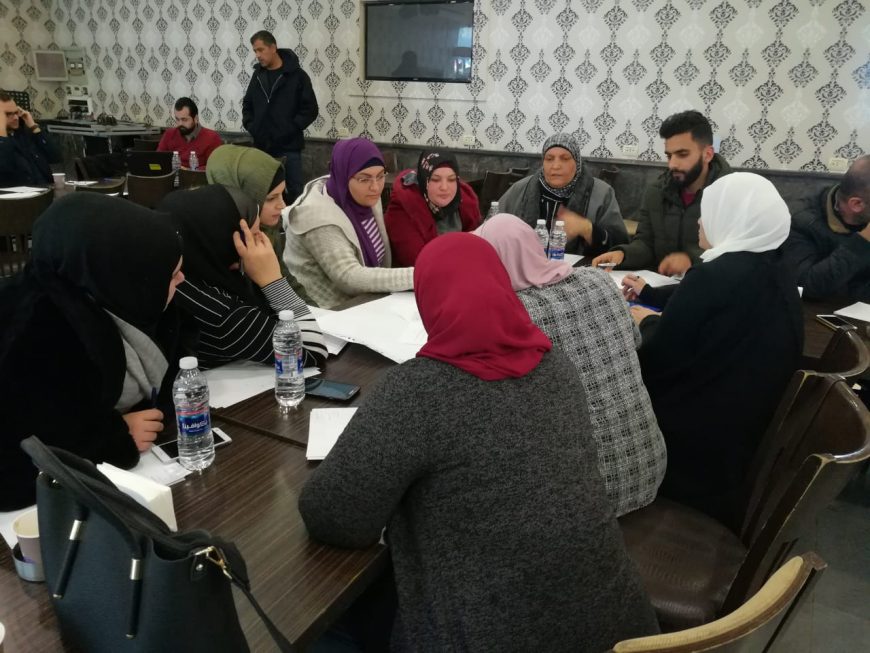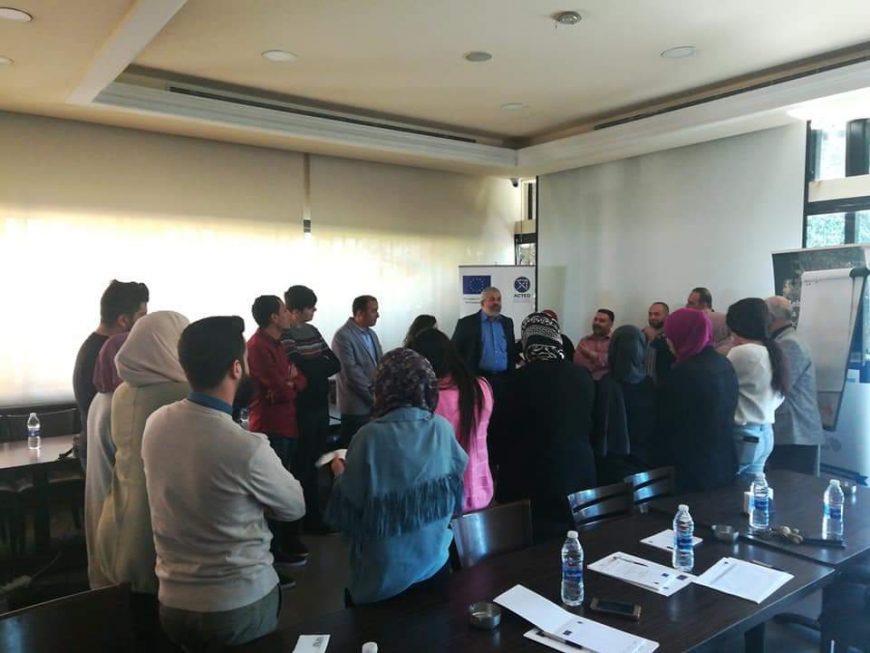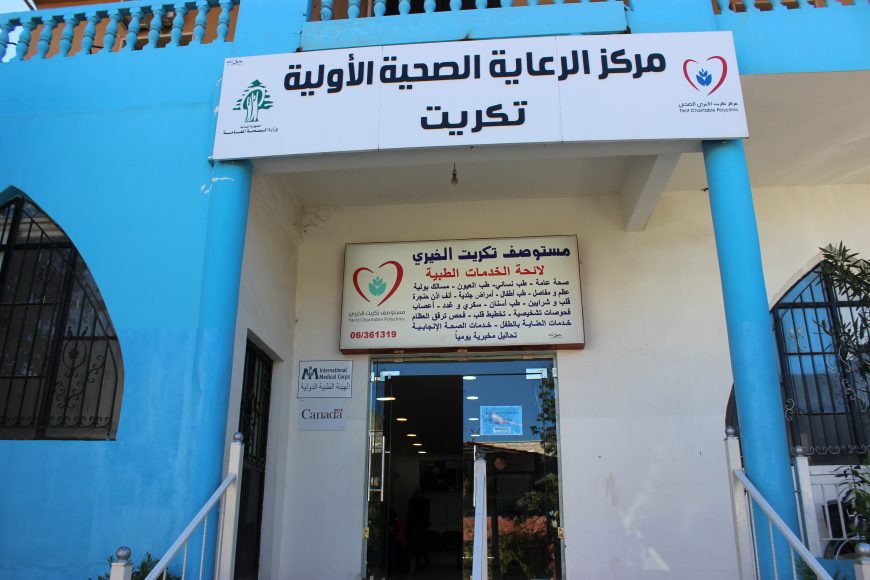From the mountains overlooking the picturesque village of Tikrit in northern Lebanon, the Syrian border can easily be traced on the horizon. Sitting amidst one of the flourishing cedar forests to which the Lebanese flag pays tribute, the scenic isolation which locals enjoy can be bittersweet: the village is located in one of the most deprived regions in the country and is struggling to provide proper support to the 1,500 Syrian refugees who have found sanctuary there. Tikrit’s population of 18,000 only have access to a single Primary Health Center (PHC), owned and operated by the Association of Science and Development (ASD) and supported by the Ministry of Health and the International Medical Corps.
While the PHC is able to deliver crucial basic medical assistance, residents of Tikrit with more specialized needs must drive for almost an hour to reach the nearest hospital. In these circumstances, many patients refrain from the journey, especially for follow-up services, a habit which can have severe consequences for local health outcomes. In addition to the geographic hurdles, most families cannot afford health insurance, and there is a lack of health supervision and awareness in schools.
Working with local partner ASD, ACTED worked to help locals define the most serious gaps in healthcare provision and work towards community-based solutions.
Networking and Capacity Building
With the PHC struggling to meet the needs of the 1,000 patients passing through its doors each month, the ASD stepped in to try and fill the gap. Valiant as these efforts were, the ASD soon recognized the need for extra support: the ASD Director said “the limited availability of resources and low capacity prevented us from responding to urgent gaps in the health sector.”
In 2018, the ASD participated in TA’CIR project implemented by ACTED and (ACTED’s local partner in northern Lebanon) that promotes inclusive local development through networking and capacity building of civil society and local authorities. ASD participated in trainings in organizational management, financial management, and communications and visibility, and became part of a network of other health-focused civil society actors.

We implemented a new financial management program, which allowed us to archive, organize, and analyze all money-related issues for the organisation. This contributed to better management of our expenses and having all our employees receive their salaries on time for the first time ever!

Community-Level Committee for Enhanced Coordination
Following their training with ACTED, the ASD led the establishment of a community coordination committee that brings together all local organizations, including advocates for transparency at the municipal level. This coordination committee now takes the final decision on collective decision-making ensuring transparent and local accountability when it comes to development projects. These meetings have already generated Municipal Plans to outline community priorities.
ACTED’s intervention brought together civil society and key members of the community using a participatory approach to express those needs with everyone having a voice and a role; and ensured that the meetings have a tangible end-result. The fruit of those meetings, the Municipal Plans, are documents that outline the exact needs as voiced by the community itself, considered priority interventions.
In Tikrit, the ASD’s Director informed ACTED staff of their committee’s approach: “In order to identify the exact health needs of our community, we decided that the most representative and inclusive way was to conduct an assessment. This community assessment identified a need for medical equipment including an X-Ray scanner and laboratory in the healthcare center.”
As a result of the assessment, the ASD were able to submit an accurate and tailored intervention that responds to gaps in the health sector and secure funding for it through ACTED’s open call for proposals for priority development projects as part of TAC’IR. Residents will thus directly benefit from a better equipped PHC in Tikrit, which will eventually lead to better diagnosis and treatment thus contributing to the improved overall well-being of their community.

Guidance and Planning Support at the Heart of Success
ACTED’s efforts to professionalize the day to day practices of civil society organisations in Tikrit have already led to concrete improvements in the provision of healthcare services in the community. Through enhanced internal capacities and tailored mentorship that contributed to the financial and organizational sustainability of civil society actors (considered influential actors in local development and major service providers in the community), civil society organizations are now better able to expand their reach and provide better quality services to meet the needs of the people and fill in chronic gaps.
This has also had an encouraging ‘ripple effect’: news of the training programs reached other local organizations who came to past participants with an interest in learning from them. Thus, indirectly, TA’CIR was able to not only positively impact and develop 50 targeted CSOs, but also contributed to the indirect improvement of other CSOs present in the target areas throughout Lebanon.
The TA'CIR project “Towards Active Participation of Civil Society in the Reform Processes”, is funded by the European Union and implemented by ACTED in Lebanon in partnership with local organizations SHEILD, Akkarouna and Lebanon Support.
